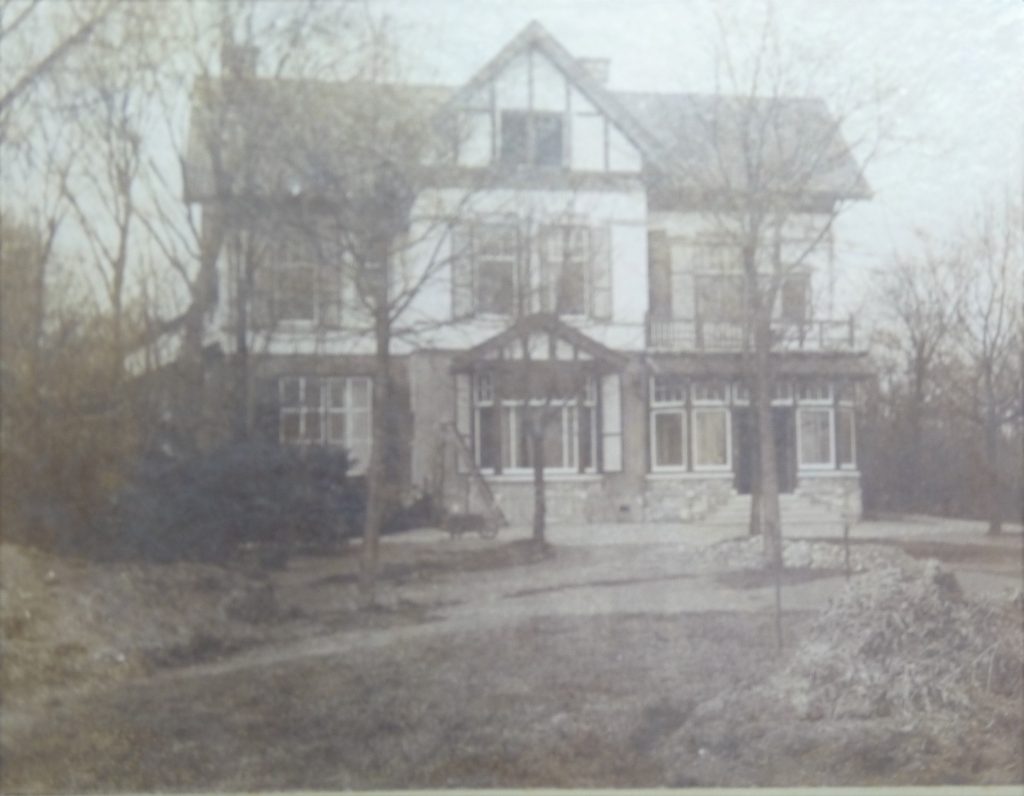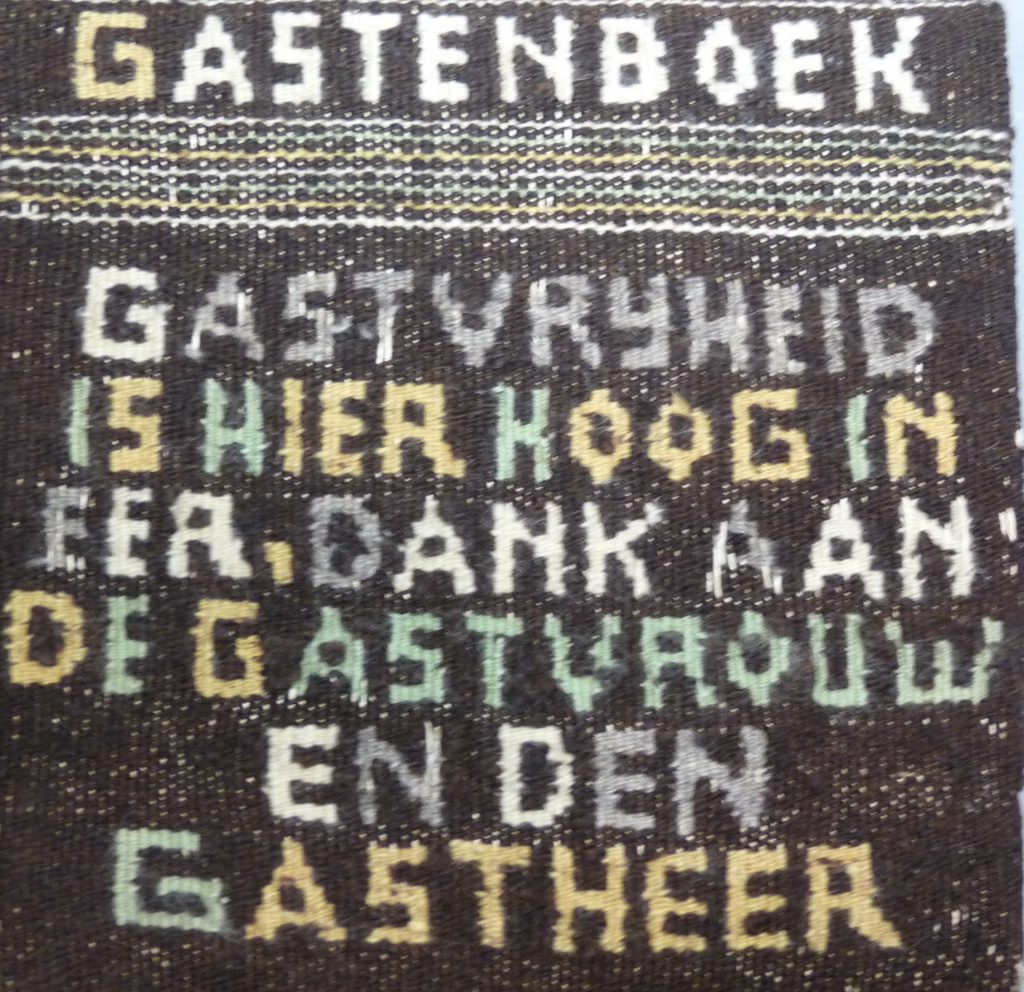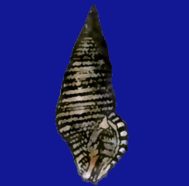In the previous blog we read about Tera and Pico getting married in Amsterdam.
In October 1944, Allied bombers bombed the dikes of the island of Walcheren (Zeeland) in an attempt to inundate the island and driving out the Germans. The result was that huge gaps were made in the sea- defense works, the gap at Westkapelle was about 600 meters wide, at the Nolle 350 meters, at Rammekens 750 meters and near Veere 900 meters. The military objective of flooding most of Walcheren and hampering the German defenses was a success, but at the same time it meant the destruction of vast areas of one of the most charming and prosperous islands in the Netherlands. Only the dune area and two small strips of polder land, one in the far north and one in the east of the island, remained dry. In September 1945 the first hole near Nolle was closed and it was not until early 1946 that Walcheren was more or less dry again.
The honeymoon goes to Pico’s villa De Wael in Domburg. However, the large house with its sixteen rooms is still full of refugees. Built on the inner dune edge, it had remained dry. In each room a family was housed. Some had been able to save some poultry or pets. Someone had brought a pig. The cold greenhouse was used for food storage. From 1942 De Wael was confiscated by the Germans. However the Germans had preferred the distinguished Badhotel opposite De Wael to accommodate their officers. De Wael was only used for storage. To make room, Pico had managed to have all the furniture and other household effects taken to the attic in time. As a result, all furniture survived the war undamaged. So the honeymoon of the newlyweds was forced to start between the stored furniture in the attic of their own home. Later in life they both told this amusing story with great wit.

Pico moves in with Tera at the Parnassusweg. The house in Domburg is used for holidays and weekends. In the first few months he often has to return to Zeeland. Firstly, he has his work there on the museum of Middelburg, admittedly unpaid, but it will have to be rebuilt shortly after the war. De Wael also has to be redecorated, and then Tera writes: How was the crossing by Dukw? Have there been any changes in the population of the Wael? Have you spoken to Bogaert? Can you see that the water subsides? Tonight the newspaper reports that West Kappel is closed. It is to be hoped that the calm weather will last a little longer, so that there will be an opportunity to strengthen it a bit. It’s really boring that you’re gone. I constantly feel like I’m waiting for someone.
A Dukw is an American amphibious vehicle that is apparently used on Walcheren to transport people and goods. Many of Pico’s books have been stored and need to be returned and sorted out: I hope you can make sufficient headway. Have you found something to transfer the books (..) Don’t carry to much heavy stuff yourself , otherwise you will also get some itis, and I want to see you healthy again. I have noticed that you have become so much more lively and youthful in these months. Is that all due to the liberation from years of pressure and the warmth inside your heart?
The marriage is harmonious and happy. Tera has many years of experience in combining work and household and Pico thinks it is normal that she also has her job. She does write: I’m glad I didn’t have a man with a healthy appetite to feed during the hunger winter in Amsterdam. It’s the type of relationship that Tera has probably always envisioned as ideal, similar to the one between Max and Anna Weber.

A guest book of Villa de Wael has been preserved. The cover was made by cousin Kitty van der Mijll Dekker (see photo), the textile designer. The first entry in the guestbook is from the same cousin and her boyfriend Hermann Fisher when they stay at the Wael in July 1946. They leave Nunspeet for Domburg before the crack of dawn. They change trains and buses seven times and after ten hours of travel they arrive at De Wael.
The roads, trains and buses are not yet optimal just after the war. They tell about the dead trees on Walcheren as a result of the inundation, the destroyed houses that they see everywhere, but also that the electric lighting at the Wael is already on again, and that Tera and Pico do everything they can to receive their guests hospitably . Kitty says that she is already used to that from Tera in Amsterdam.
When Pico is in Zeeland and Tera in Amsterdam, he sends vegetables and fruit from the vegetable garden. When they are both in Amsterdam, the gardener takes care of the vegetable garden and the shipments to Amsterdam. The box with fruits of the field arrived today well. It contained: leeks, carrots, 4 cabbages and apples. So now I can pickle cabbages, Please thank Labruyere for the good care.
Labruyere is the gardener, he lives with his wife in the gardener’s house next to the Wael and together they take care of both house and garden. We will definitely come across Labruyere later on.
Tera thinks it’s normal for her to adjust to her husband. Later her niece Mien recalls that Tera loved music, but stopped listening because Pico is no music lover. When Pico is in Domburg yet again, Tera writes in November 1945: I had a very quiet, pleasant Sunday. A lot of tidying up and a lot of sewing, but still not enough to my liking. The house is already noticeably drier, the doors jam less and my hands are starting to flake. By my calculation you can be back by Wednesday at the earliest. Well, I’ll see what happens but the sooner the better. I hope you don’t get sick from the cold. (..) Our new cards have arrived, a copy is attached. It seems that in the small art (cabaret, etc.) there is less heavy purification than in the Art with a big A. Now many are switching from ART to art, and it is said that Mengelberg will soon also return to a place at the revue: Willem come back, everything is forgiven and forgotten.
This is about the conductor of the Concertgebouw Orchestra, Willem Mengelberg, who continued to work during the war and was fired after the war for alleged Nazi sympathies.
In the next blog we will see how Tera returns to normal life as Mrs. van der Feen.
